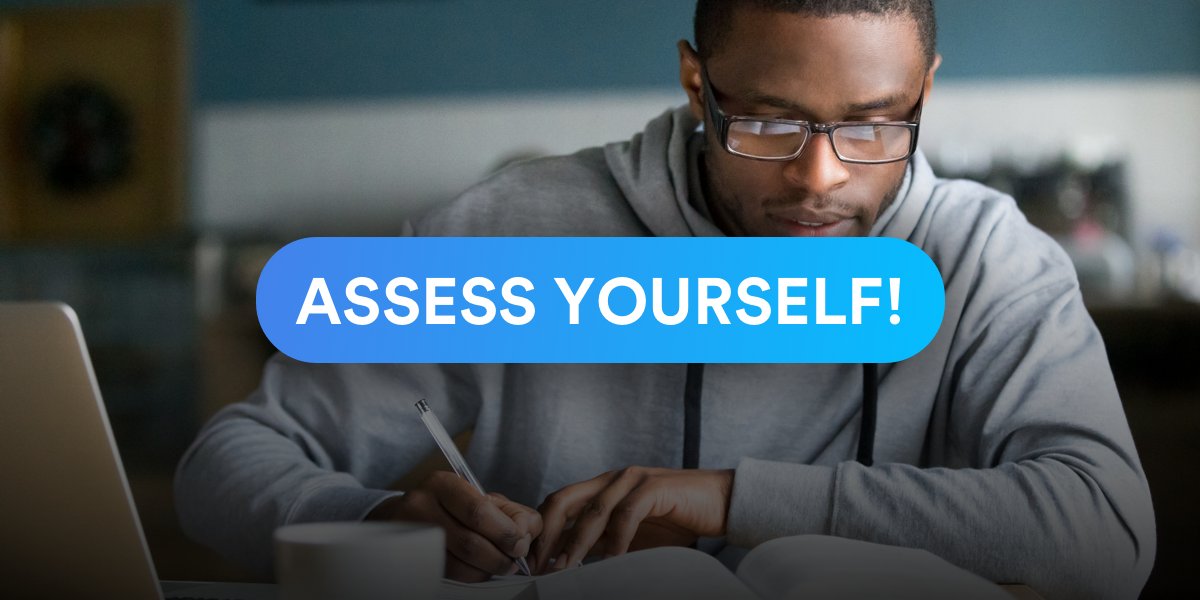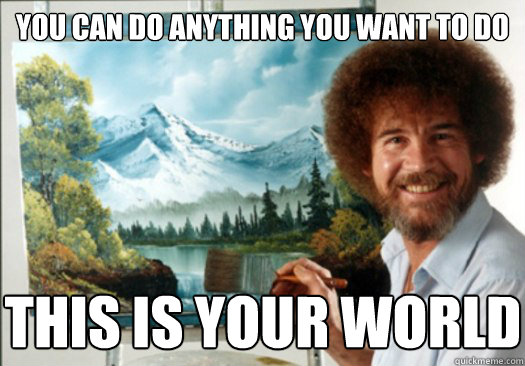Why it is paramount to assess your skills and to continuously learn
Learning Innovation

“Education must be universal, that is, extended to all citizens. […] It must, in its various degrees, embrace the entire system of human knowledge, and ensure that men, at all ages, can keep their knowledge and acquire new knowledge.
By thus continuing education throughout life, we will prevent the knowledge acquired in schools from being erased too quickly from memory, we will maintain in our minds a useful activity; the people will be taught new laws, […] economic methods which it is important not to ignore. We can finally show people the art of learning for and by themselves […]. These means of learning, which in a wider education one acquires by habit alone, must be directly taught in an instruction limited to a shorter time, and to a small number of lessons.”
“L’instruction doit être universelle, c’est-à-dire s’étendre à tous les citoyens. […] Elle doit, dans ses divers degrés, embrasser le système tout entier des connaissances humaines, et assurer aux hommes, dans tous les âges de la vie, la facilité de conserver leurs connaissances et d’en acquérir de nouvelles.
These sentences, which advocate lifelong learning, the need to always train, test yourself and learn new things, were neither spoken by the visionary CEO of an innovative digital learning company, nor by an enlightened philosopher theorizing the new management methods of the 21st century. They are the work of Nicolas de Condorcet, a French mathematician, philosopher, writer and politician. This happened in April 1792, in a report presented to the Legislative Assembly.
More than 200 years later, things have changed, but lifelong learning has grown even more. Rooted in this 4th industrial revolution, which is led by speed, lifelong learning seems to be the only way to tackle the skills revolution as seamlessly as possible. In a report published in 2020, the World Economic Forum even says it’s an “emergency”.
“The world is facing a reskilling emergency.
More than 1 billion jobs, almost one-third of all jobs worldwide, are likely to be transformed by technology in the next decade, according to OECD estimates. By just 2022, the World Economic Forum estimates 133 million new jobs in major economies will be created to meet the demands of the Fourth Industrial Revolution.
How can we ensure people around the world are not left behind? We must come together – governments, businesses and society – to provide education, skills and jobs for at least 1 billion people by 2030.
And, as a sign of the transformations to come and the need to continually challenge one’s skills to face the uncertainties of the future, Alvin Toffler, American writer, sociologist and futurologist, told us that: “The illiterate of the 21st century will not be those who cannot read and write, but those who cannot learn, unlearn, and relearn.”
This picture of lifelong learning that began to take shape over 200 years ago is now more tangible than ever. Continuous learning, where everyone is in control of their employability and their actions, in order to face the uncertainties of the future, becomes necessary. And above all, learning does not stop at school, but must continue during our professional lives.
There’s an emergency – but we lack time
A Josh Bersin study for Deloitte had described today’s corporate learner. Overwhelmed by his workload: 2/3 of respondents complaining that they did not have time to do their work. Impatient too, spending no more than 4 minutes on a video, with an attention span on a website between 5 and 10 seconds. Finally, today’s learners are distracted, unlocking their smartphones up to 9 times an hour or connecting online an average of 27 times a day. The study also shows that employees are likely to be interrupted by external sources, whether they are virtual, real interactions or their own interruptions, when they start devoting themselves fully to a task. Sometimes every 5 minutes. A short period of time.
Do we really have time in our professional daily lives to engage in long training sessions, where knowledge is transmitted from top to bottom, between the trainer, the one who knows, who transmits, and the learner, the one who records the knowledge?
To find this time, digital training, through its principles of massification, ubiquity, speed of diffusion, can help. Another advantage: digital training puts the learner in an active learning position. Learners become the ones who decide to learn, who decide of their own training pathways, no longer confined to a passive way of learning.
It seems to be getting harder to argue with every day: learning how to learn, unlearn and relearn – and above all to do it by yourself, through digital training for example – has become necessary to face the uncertainties of tomorrow. But how, then, do we get started?
Test yourself!
Why not by starting to evaluate your level on the skills identified by the World Economic Forum as crucial for the next decade?
To see what is your level, what is to be improved, what there is to explore. To build your own individualized learning path. And finally, to focus your efforts on complementary and essential skills that will make you avoid the trap of the “illiteracy of the 21st century”, according to Alvin Toffler.
Our instructional designers team have has put together a 40 question test on the Coorpacademy platform, assessing your level on 20 essential skills divided into 4 families: Digital; Leadership & Management; Creativity & Agility; Communication.
In 12 minutes, you will assess your level on those skills, including digital risks awareness, active listening, public speaking, creativity, innovation, agility, time management or even conflict management. And the list goes on.
By the way, we have noticed that all learners who have taken at least one assessment become more studious. The duration of their learning sessions is 36 minutes against 20 minutes on average, which represent 80% more time!
So, before getting started, evaluate your level!
At the end of the test, you will get qualitative feedback on what you have mastered and what remains to be improved. But you’ll also be certain that you will be defining your own individualized self-training pathway that will best prepare you for the uncertainties of the decade to come!



